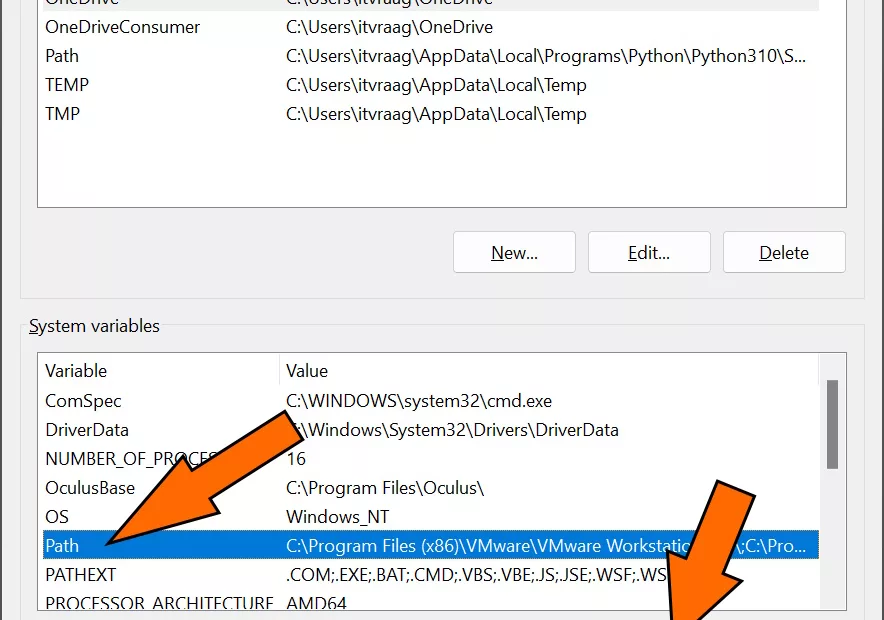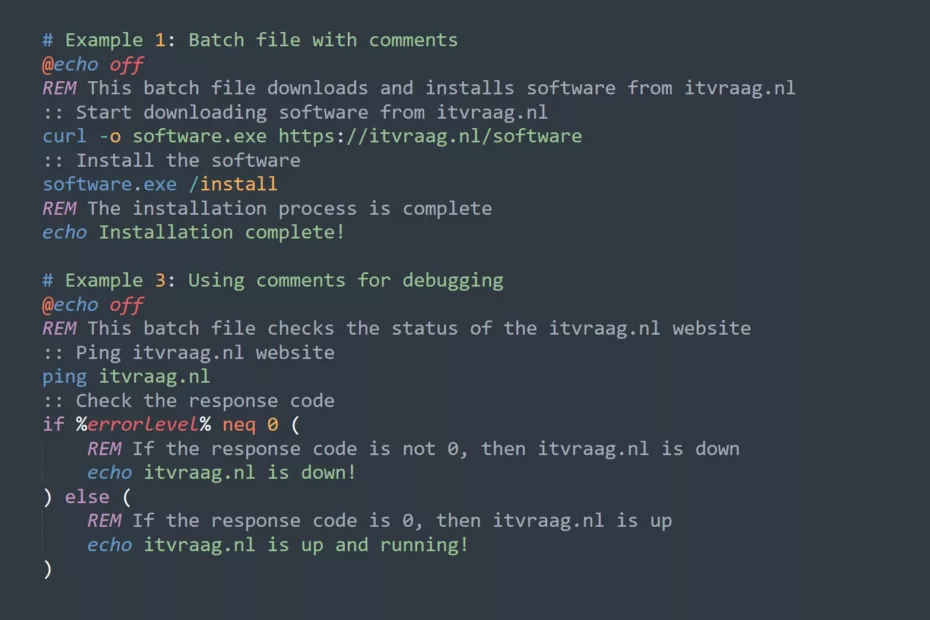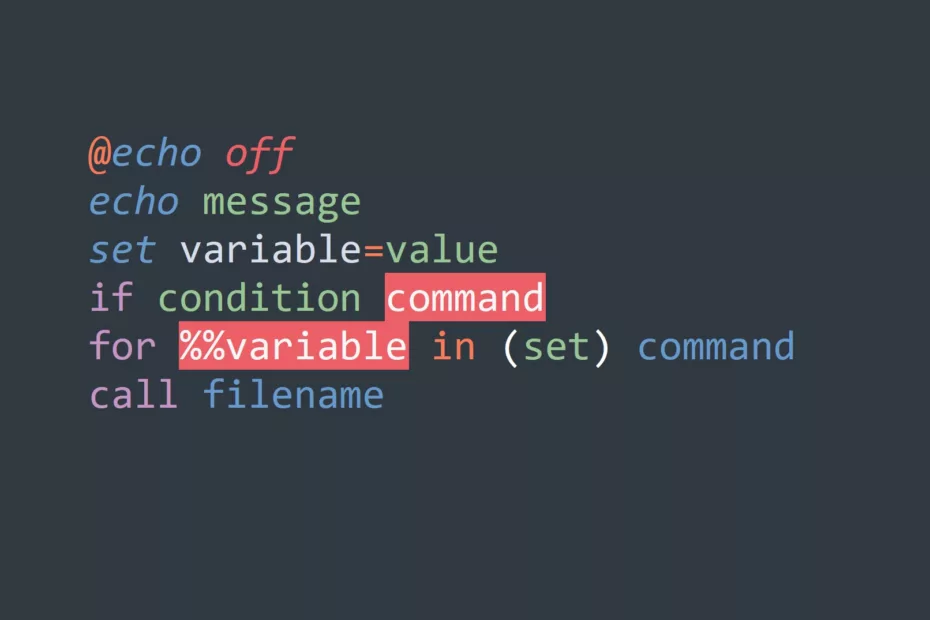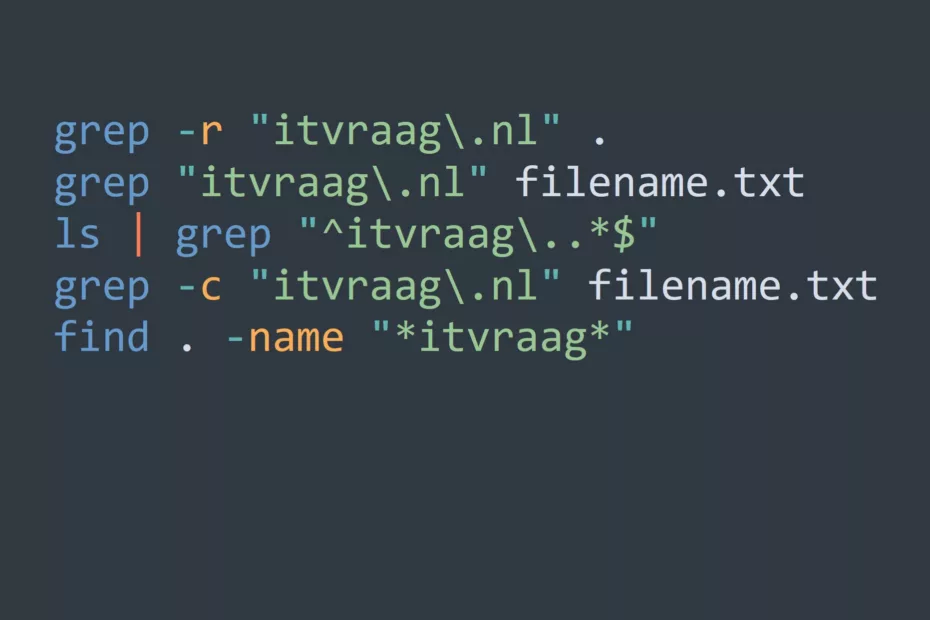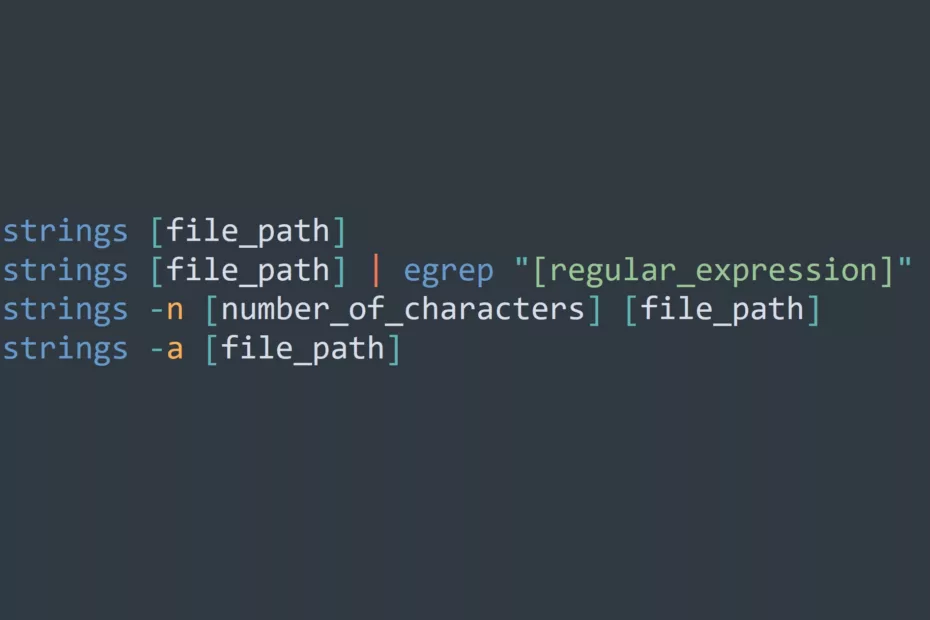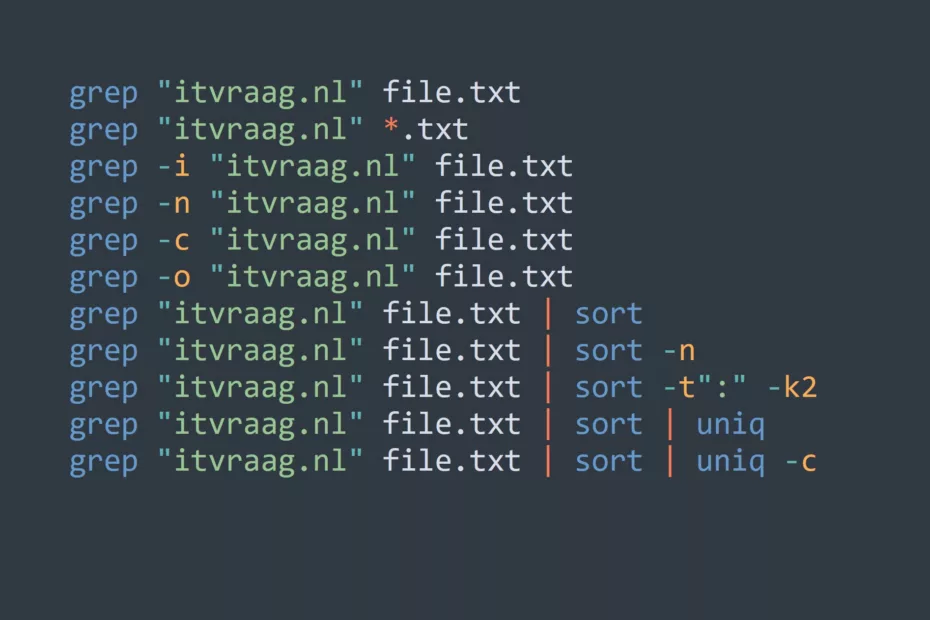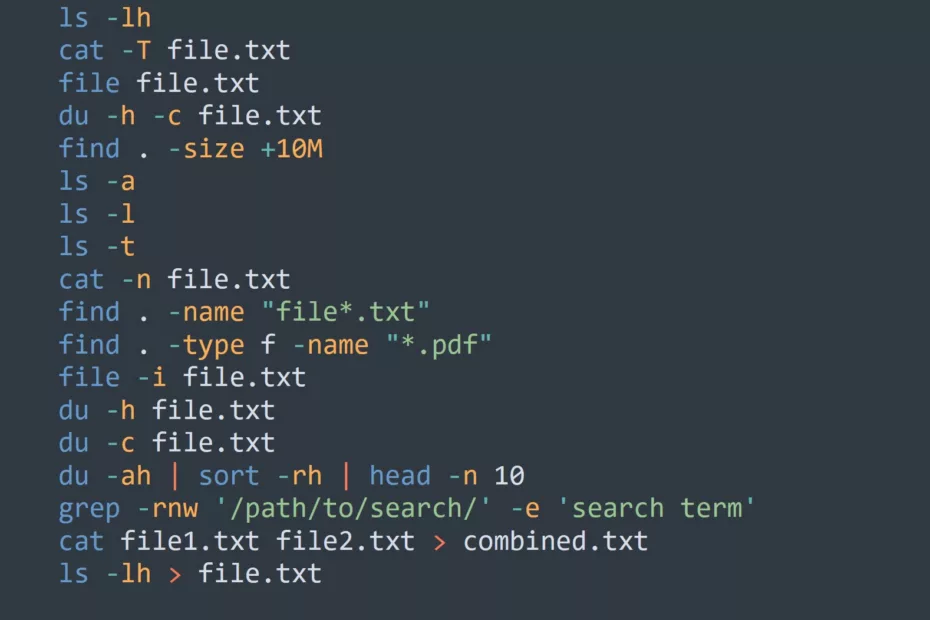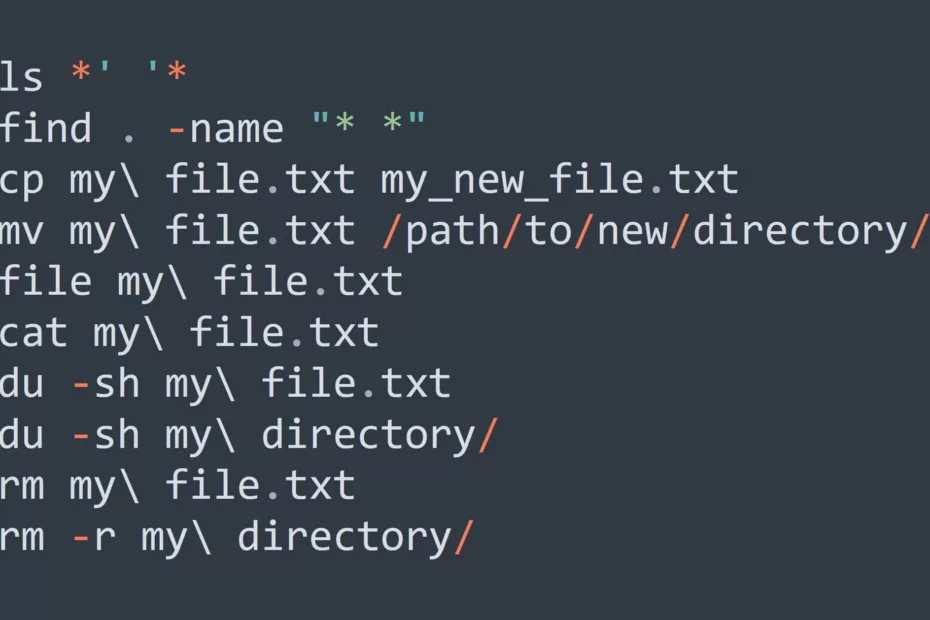Save Time and Work Smarter: Add Environment Paths to Windows 11 Now
As an IT professional, you understand the importance of environment paths. These paths help your computer locate files and programs necessary for your work. However, you might be wondering how to add environment paths to Windows 11. In this blog post, we will guide you through the process step-by-step. Prerequisites… Read More »Save Time and Work Smarter: Add Environment Paths to Windows 11 Now

